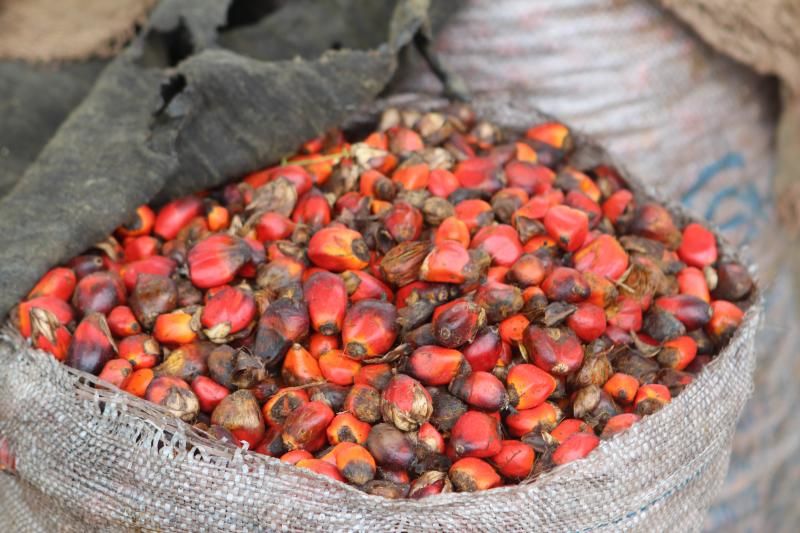African palm oil expansion is bad news for the continent’s primates
Ars Technica » Scientific Method 2018-08-17

Enlarge / The palm nuts satiating the world's hunger for vegetable oil and fueling habitat loss. (credit: flickr user: Carsten ten Brink)
Palm oil is ubiquitous and is set to become more so over the next few decades. The oil is used in food, cleaning, and beauty products and as biofuel, so demand is set to grow rapidly. With this skyrocketing demand comes a need for the land on which to grow more oil palms—and a threat to the ecosystems currently using that land.
Currently, Southeast Asia is the oil palm hotspot, and the deforestation and ensuing damage in the region have been well publicized. But much of the future expansion may happen in Africa, introducing the likelihood of new conservation problems. A paper published in this week’s PNAS argues that there's a huge overlap between the land where oil palms could be grown and the land that houses the continent’s primates. “Large-scale expansion of oil palm cultivation in Africa will have unavoidable, negative effects on primates,” write Giovanni Strona and his colleagues.
Growth in demand, loss in habitat
The tree that provides us with palm oil (which is pressed from its fruit) is a tropical species. Currently, palm oil agriculture uses approximately 20 million hectares. One million hectares (or 10,000 km2) is about half the area of New Jersey; 20 million is about the area of Nebraska. Most of these plantations are in Indonesia and Malaysia.